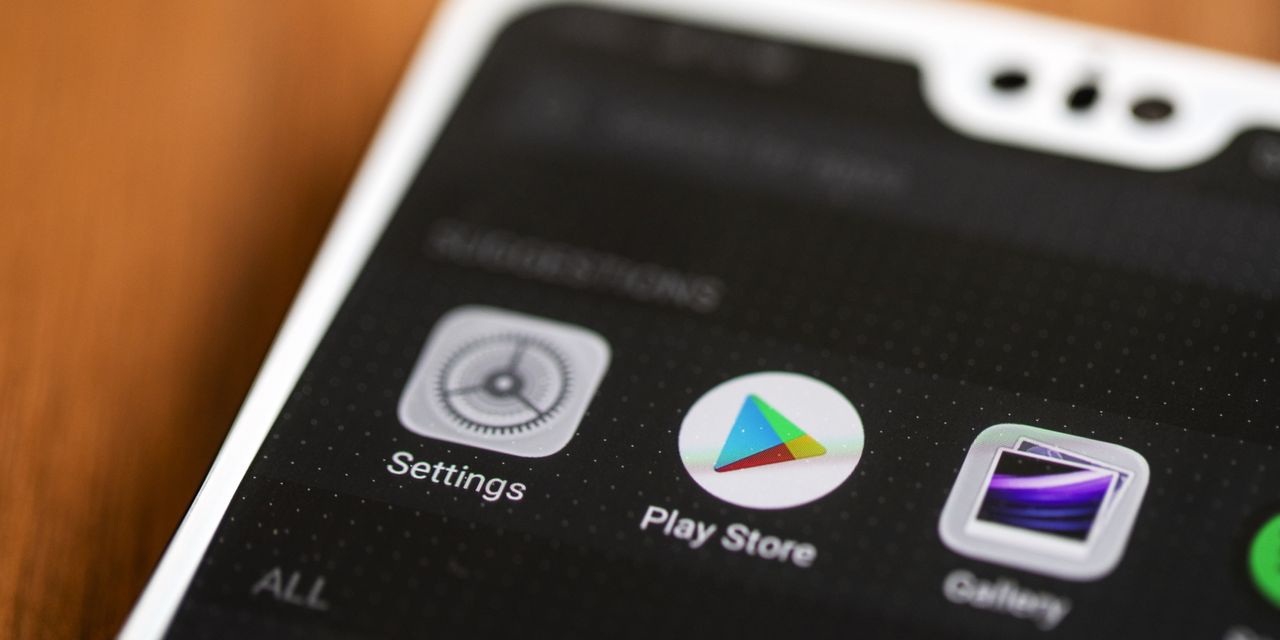Google has adopted rules similar to ones that Apple Inc. requires for its software that powers smartphones and distributes apps to them. That is getting it into trouble.
The antitrust case brought against Google Wednesday by attorneys general from 36 states and the District of Columbia says the Alphabet Inc. unit’s Android mobile operating system and its app marketplace—the Play Store—have increasingly evolved to become a so-called walled garden. That is a phrase commonly applied to Apple and how the iPhone maker pushes consumers to remain within its ecosystem of hardware, software and services.
Google pitched Android at its outset more than a decade ago as the “first truly open and comprehensive platform for mobile devices.” Unlike Apple, Google licenses Android and its proprietary apps such as the Play Store to mobile device makers. Competing app stores can also be developed on the Android platform.
Those factors helped boost the use of Android, which is active on more than three billion devices world-wide and, according to Statcounter, to the most popular operating system in terms of internet usage.
In their 144-page complaint, the attorneys general accused Google of working to diminish competition in Android app distribution and wrest increasing amounts of money from developers.














































